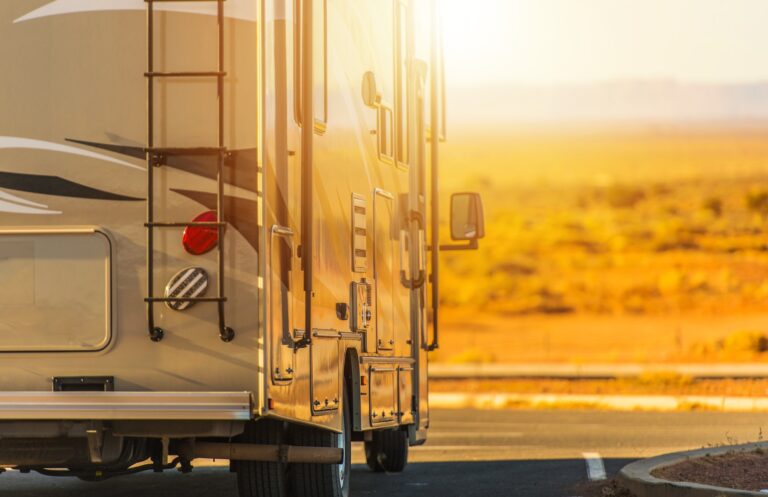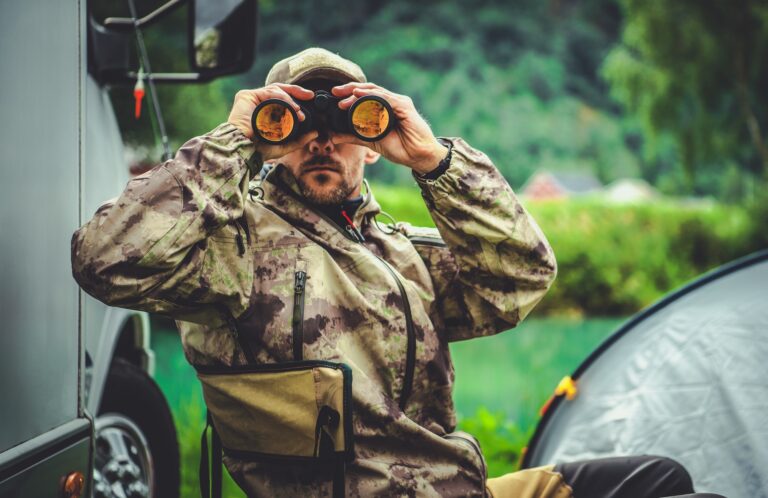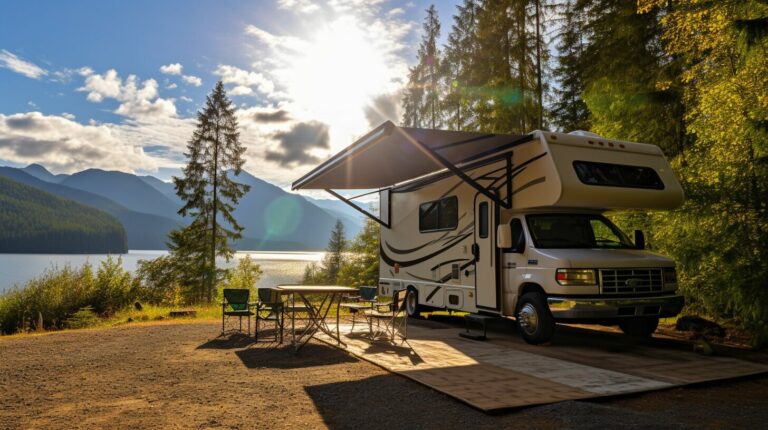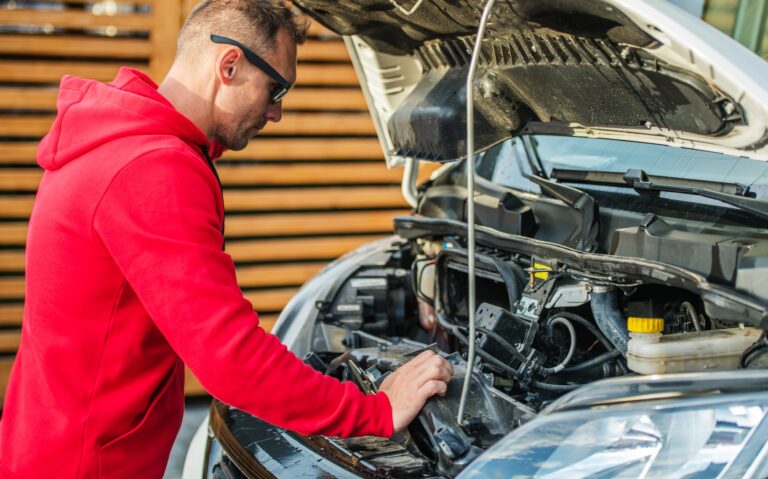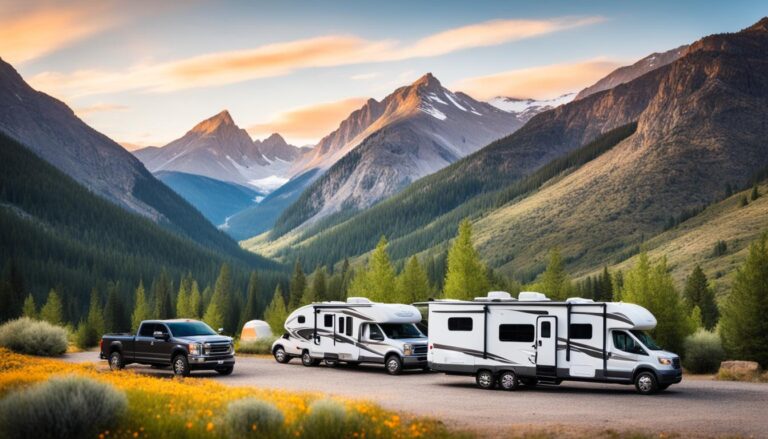Camping and RVing are incomplete without the quintessential campfire. It not only provides warmth and light but also serves as a social hub where we gather to share stories, cook meals, and create memories. However, as enchanting as campfires can be, they can also pose serious risks if not handled responsibly. Understanding campfire safety is crucial to ensuring a safe and enjoyable RVing experience. Here, we’ll discuss the do’s and don’ts of campfire safety for first-time RVers.
1. The Do’s of Campfire Safety
1.1 Choose the Right Spot
- Use Designated Fire Pits: Always use designated fire pits or rings if they’re available. These areas are chosen for their safe distance from tents, vehicles, trees, and other potential fire hazards.
- Consider Wind Direction: If there’s no designated fire pit, choose a spot that’s sheltered from the wind. Strong winds can blow embers and start a wildfire.
- Clear the Area: The area around your fire should be clear of grass, leaves, and other flammable materials.
1.2 Prepare Your Campfire
- Keep it Small: A smaller fire is easier to control than a large one and produces less flying sparks and embers.
- Use the Right Wood: Use only dry, seasoned wood or logs. Avoid using softwoods like pine or cedar, as they tend to pop and throw sparks.
- Stack Carefully: Place your tinder bundle in the center, add kindling around it, and then stack your firewood in a teepee or log cabin structure to allow for good airflow.
1.3 Maintain Your Campfire
- Stay Attentive: Never leave your fire unattended. An unwatched fire can quickly get out of control.
- Keep Water Nearby: Always have a bucket of water or a fire extinguisher within quick reach.
- Control the Flames: Don’t let the flames get too high. If the flames start to leap, it’s time to put some water on the fire.
1.4 Extinguish Your Campfire
- Extinguish Completely: When you’re done with the fire, extinguish it completely. Douse it with water, stir the ashes with a shovel, and douse it again. Repeat until the ashes are cool to touch.
- Dispose of Ashes: Dispose of cool ashes by burying them in the ground or placing them in a metal container.
2. The Don’ts of Campfire Safety
2.1 Don’t Build Fires in Prohibited Areas
- Abide by Fire Regulations: Always abide by the campground’s fire regulations. Some areas prohibit open fires, especially during peak fire season.
- Check Fire Danger Levels: Check the local fire danger levels. If the danger is high, consider skipping the fire for safety.
2.2 Don’t Use Flammable Liquids
- Avoid Gasoline or Alcohol: Don’t use gasoline, alcohol, or other flammable liquids to start or enhance your fire. These can cause a fire to become uncontrollable quickly.
- Use Approved Fire Starters: If needed, use approved fire starters or a small amount of newspaper to help get your fire going.
2.3 Don’t Burn Garbage
- Avoid Burning Trash: Burning trash is not only harmful to the environment, but it can also release toxic fumes. Moreover, certain items like cans or glass can explode when heated.
- Pack Out Your Trash: Always pack out what you pack in. Dispose of your trash in designated containers or take it with you when you leave.
2.4 Don’t Leave Your Fire Unattended
- Stay Vigilant: As mentioned earlier, never leave your fire unattended. Even a small breeze can cause a fire to spread quickly.
- Keep Children and Pets at a Safe Distance: Always supervise children and pets near the fire.
2.5 Don’t Cut Down Trees
- Respect Nature: Don’t cut down trees or branches for firewood. Deadwood on the ground can be used, but only if it’s allowed by the campground’s rules.
- Buy Local Firewood: Many campgrounds sell firewood. Buying local firewood also helps prevent the spread of invasive species.
Implementing these campfire safety tips will help ensure a safe and enjoyable camping experience. As RVers, we have a responsibility to protect the natural environment we love so much. By understanding and practicing campfire safety, we can help prevent wildfires, protect wildlife, and preserve our beautiful camping spots for future generations to enjoy. So, gather around the campfire, roast some marshmallows, share stories, and relish the magic of camping, all while keeping safety at the forefront. Happy camping!

